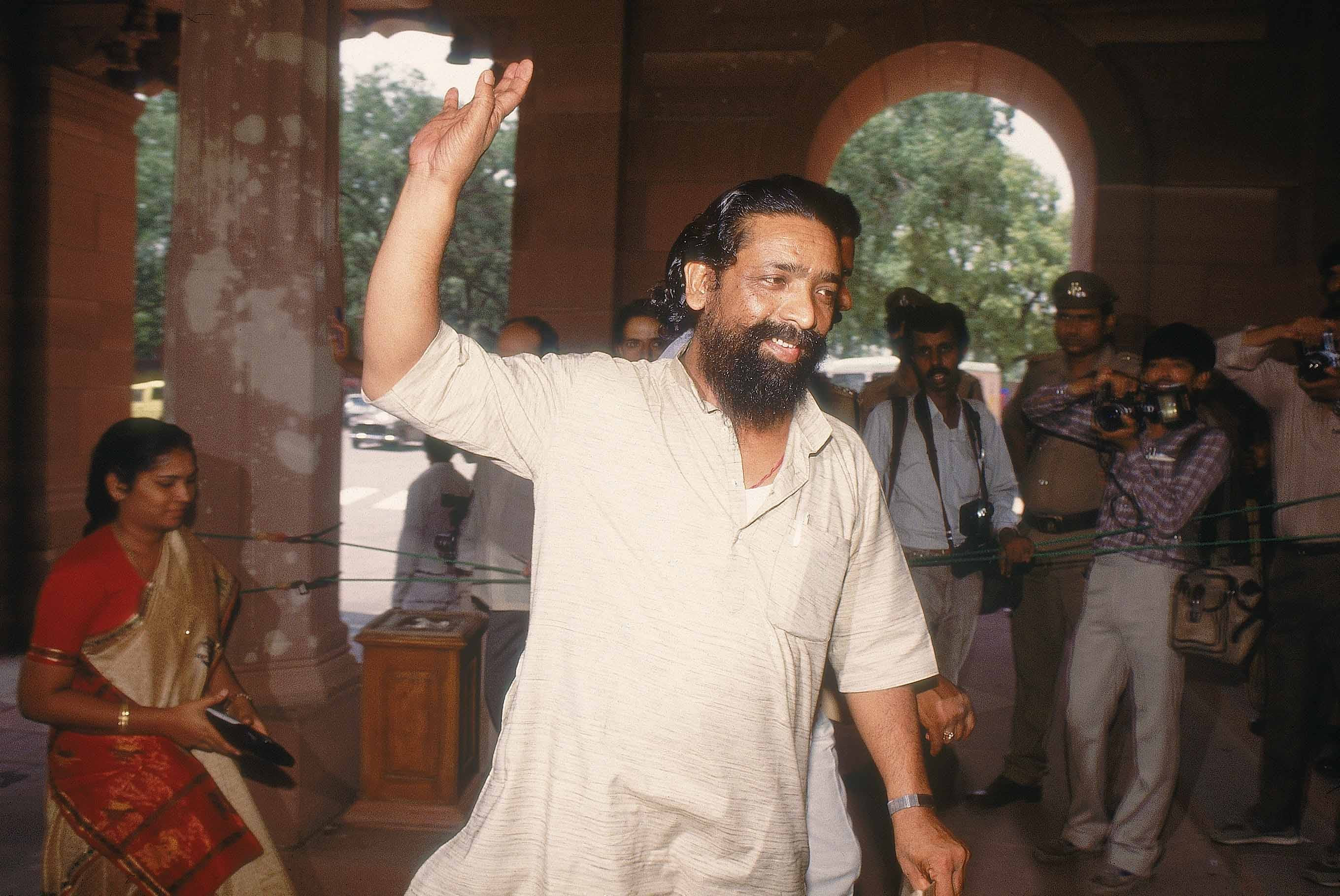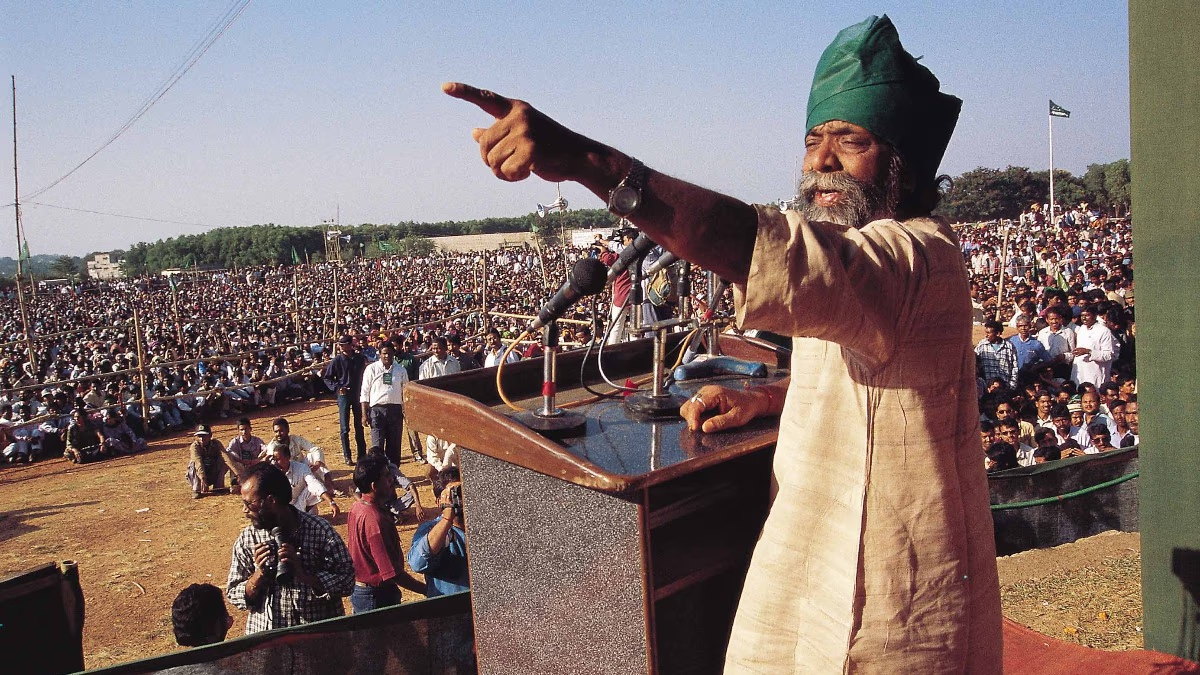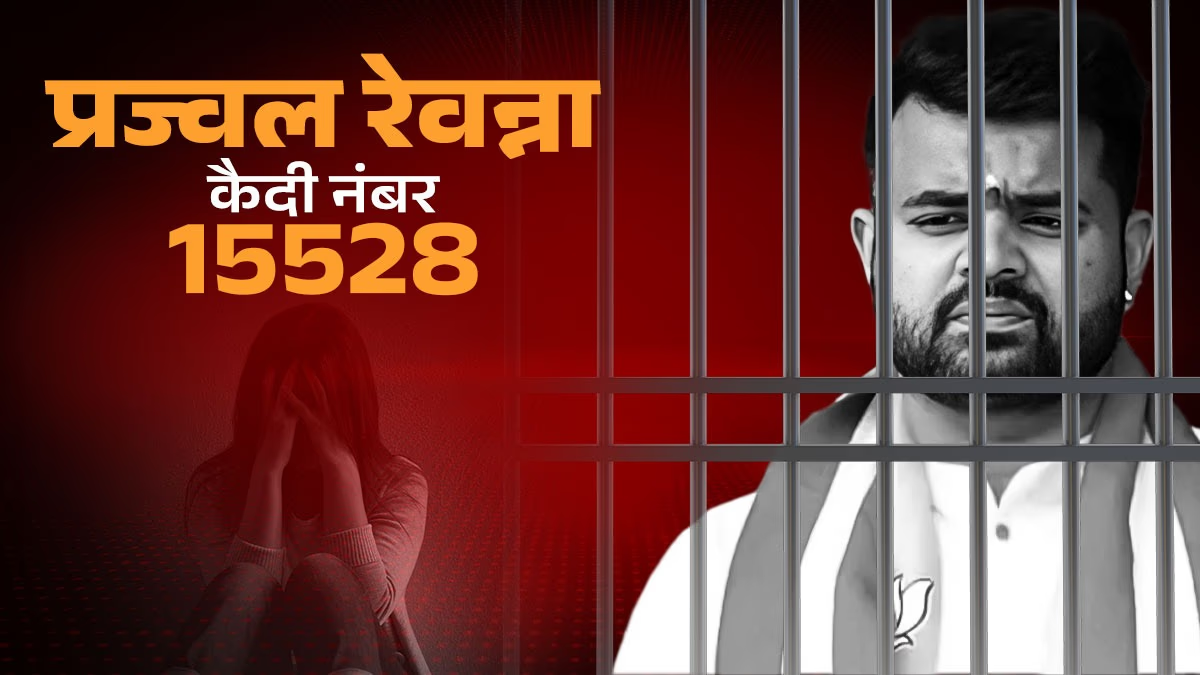The towering figure in Jharkhand's history, Dishom Guru Shibu Soren, has passed away at 81. He took his last breath on August 4, 2025, at Delhi's Ganga Ram Hospital. Revered as the 'Dishom Guru,' meaning a guide or pathfinder, Shibu Soren was a beloved leader, especially among the tribals.
Born on January 11, 1944, Shibu Soren was the voice of the 'Ulgulan,' a call for rebellion in Jharkhand that activists like Birsa Munda once echoed against British rule. Soren fought inward battles against exploitative structures like moneylending that suffocated tribal societies.
As Soren began his fight, he had to endure life in the forests of Jharkhand, often eluding police bullets, spending nights under the dense canopy as his resistance grew.
How Shibu Rebelled Against the System
By the 1970s, Shibu Soren was a prominent figure on Jharkhand's socio-political map. His passionate youthfulness could not stand the injustices inflicted upon tribals, catalyzing his rebellion.
A pivotal moment reshaped Soren's political destiny.
Shibu's father, Sobaran Soren, was a teacher and an ardent follower of Gandhi's principles. His assertive defiance against moneylenders made him unpopular among exploitative landowners.
Tribal farmers, shackled by debts, were stripped of their rights, as unscrupulous moneylenders seized their lands for unpaid loans.
In Ramgarh, the birthplace of Shibu Soren, these moneylenders detested Sobaran Manjhi's activism. News of his father's murder on November 27, 1957, struck a pivotal turn in Shibu's life.
This tragedy led Shibu to abandon his education, drive pent-up rage against injustice, and form groups of young tribal men, ultimately taking leadership of a movement by 1970.
Thus began the journey of Dishom Guru. Revolutionary figures like Binod Bihari Mahto and AK Roy joined the anti-exploitation campaign. It became apparent that a political party was needed.
Where Did 'Mukti' for JMM Come From?
Senior journalist Anuj Kumar Sinha's book 'Unsung Heroes of Jharkhand' recounts the formation of the Jharkhand Mukti Morcha.
On February 4, 1972, Shibu Soren, along with Comrade AK Roy and Binod Bihari Mahto, gathered. The meeting resolved to establish Jharkhand Mukti Morcha (JMM) to fulfill political aspirations and drive change in Jharkhand.
A year before, Bangladesh had gained independence from Pakistan, aided significantly by the Mukti Bahini. Inspired by this, the 'Mukti' in Jharkhand Mukti Morcha was born, symbolizing the dream of a free Jharkhand.
The Start of the Grain Cutting Movement
With youthful energy on the rise, Shibu Soren initiated the grain-cutting movement. Tribal youths took to harvesting standing crops from moneylenders' fields. Armed with bows and arrows, these youths protected the fields, becoming recognizable symbols of Soren's political identity.

Source: aajtak
This movement granted Shibu recognition. Years of oppression found hope in his leadership, envisioning liberation from usury and exploitation.
In areas like Ramgarh, Giridih, Bokaro, and Hazaribagh, Soren's campaign against landowners and moneylenders unfolded. These groups had deceitfully seized tribal lands.
Announcing Through Drums and Grain Cutting
Shibu Soren's campaigns spread across Tundi, Palam, Topchanchi, Dumri, Bermo, and Peartand. During October, tribal women armed with sickles reaped crops from landlords' fields. Drums heralded the announcements, while men with bows and arrows stood guard.
These actions incited tension, sometimes leading to fatalities. Soren found refuge among Parasnath's dense forests to continue his movement.
Read More: Shibu Soren's Journey from Jungle Politics to Delhi's Halls of Power!
During this movement, Guruji etched a code of conduct for his fellow revolutionaries, vowing that this battle was for the fields and would remain so. Respecting boundaries, the movement avoided dishonoring women or damaging other properties of landowners.
When Guruji Was Forced to Surrender
On June 25, 1975, Indira Gandhi declared a state of emergency, granting unlimited power to authorities. With an arrest warrant looming, Soren remained elusive.
However, KB Saxena, then Deputy Collector of Dhanbad, persuaded Shibu to surrender, explaining the legal ramifications and political chessboard.
A Mellow Guruji Heartened by Chhath Songs
In 1976, Shibu Soren surrendered and was jailed in Dhanbad. An incident during this time showcased his emotional depth.
Incarcerated, Soren heard a woman prisoner singing Chhath songs with anguish during the festival, unable to perform the rituals due to her incarceration.
Having been touched by this story, as shared by senior journalist Anuj Kumar Sinha, Soren felt compelled to act. Known as a sympathetic leader, he made arrangements for the woman to observe Chhath within prison walls.
Showing his empathy and leadership, Shibu convinced fellow inmates to skip a meal, using the savings to facilitate the woman's Chhath Puja. Together, they celebrated with the traditional fervor.
A Clash with Uncle Over Booze Ban
Despite alcohol being a customary part of tribal life, Shibu Soren opposed its abuse. So fervent was his stance that a family clash ensued when his uncle refused to quit drinking.
Council Sessions and Grassroots Leadership
Shibu Soren, a staunch advocate of women's respect, never tolerated misconduct. On one occasion, during a return journey to Dhanbad from an event in Dumka, he halted his journey to address a case of eve-teasing in a nearby village.
Setting up an impromptu court, he resolved the issue before continuing. This grassroots justice delayed his return, but it underscored his commitment to community values.
When Police Surrounded Soren at Night
During his activist years, Shibu Soren was camped in the jungles of Palam. One night, while dining, he grew alert as a guard dog barked ominously.
Instinctively cautious, they realized the hill had been encircled by forces. Shibu sounded the drum, a distress signal.
Soon, locals rushed to ensure Soren's safety. Outnumbered by mobilized tribals, the police retreated.
Political Journey
Three-time Chief Minister of Jharkhand, Shibu Soren's political journey began in 1980, though his initial election effort fell short. Success came in the 1983 mid-term elections. In 1991, his party allied with Congress for the Bihar assembly election, yielding notable results. Today, his son Hemant Soren inherits his political mantle, leading Jharkhand's largest party, the JMM.




